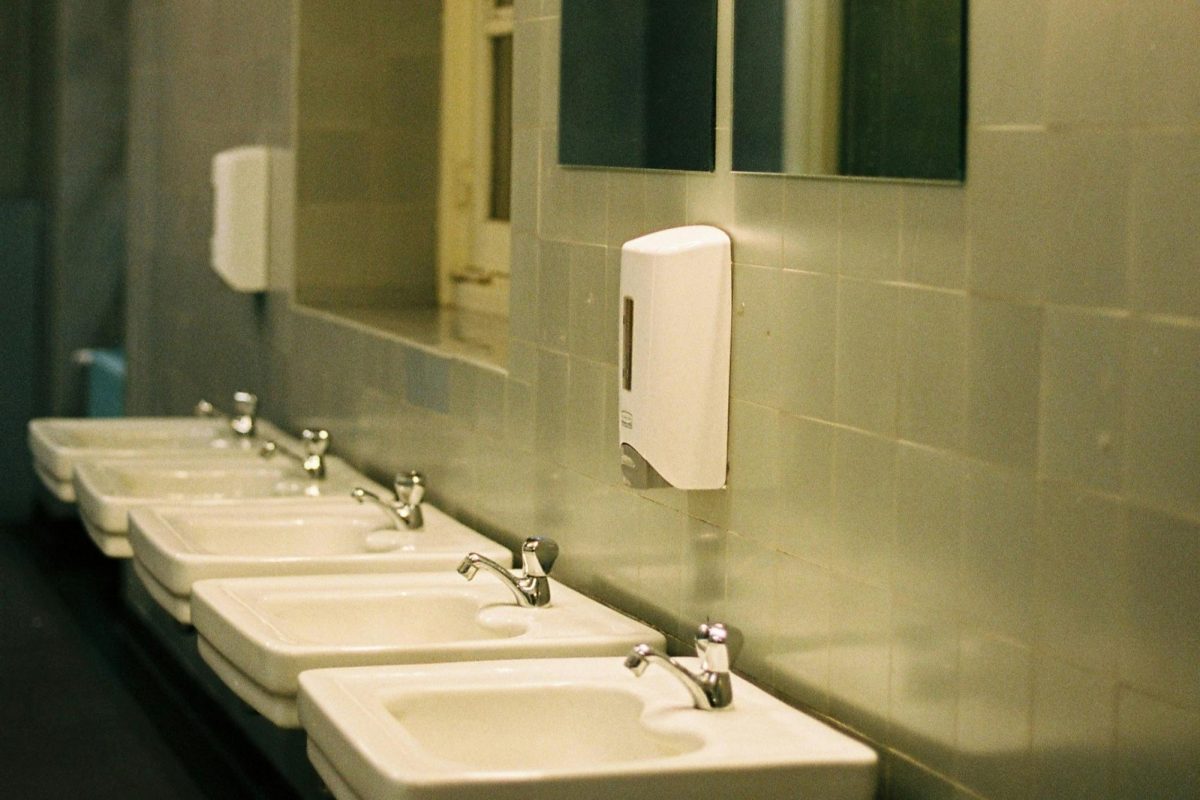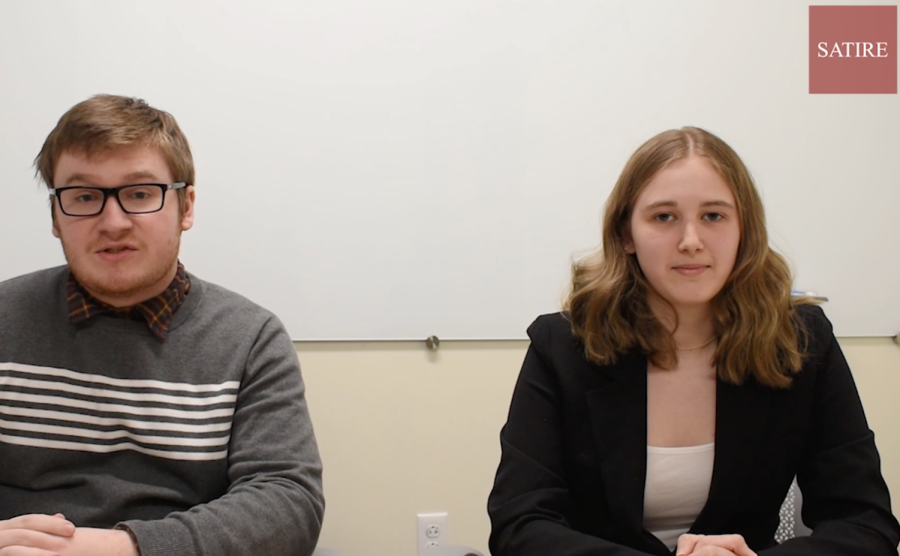
This year’s Student Government Association election results were fairly controversial. To the confusion and surprise of many, the ticket that won the popular vote by a clear majority was invalidated by the Elections Commission due to several alleged violations of the SGA bylaws. Although these violations were, quite literally, as trivial as the use of a 10 percent discount coupon, victory was granted to the second-place ticket.
Many students questioned the soundness of the Elections Commission’s decision. Others criticized the SGA bylaws that enabled this undemocratic decision to occur in the first place.
Not only do these revered regulations provide the Elections Commission with an inordinate amount of power, but they also fail to address several other factors that continue to unduly influence the election results year after year.
To avoid similar mishaps in the future, it’s about time the outdated formalities of the bylaws are replaced with relevant, pragmatic guidelines that actually address the core issues currently preventing a fair and equitable election process for UMass students.
I, Senator Minerva Sneezeman, propose that Title VIII, Chapter 24, Section 3 of the SGA bylaws be amended to address the following matters:
1. A candidate’s photogenic ability. Candidate photographs play a central role in the campaign advertising process and as such, their quality should be monitored. I believe the bylaws should explicitly state that pictures may only be taken using iPhones and must be taken strictly selfie-style. In respect for the traditional definition of a selfie, unflattering, silly facial expressions are imperative.
Snapchats of these photos, while generally discouraged, shall be allowed but limited to a one-second viewing time. These photos shall hence be known as Campaign Snapchats, or “CampSnaps.” Any student who manages to take a screenshot of a CampSnap will be rewarded for their extraordinary reaction time with a $5 gift from the Student Activities Trust Fund.
2. A candidate’s social media reach. Current bylaws regulating advertising practices come from a time before “like” was a noun and “friend” was a verb. To acknowledge the growing role of social media in the campaigning process, I propose a clause establishing a maximum number of Facebook friends a candidate can have so that no one holds an unfair advantage in their outreach. Any so-called “friending” beyond the permissible number of 56 will lead to a candidate’s immediate suspension.
3. A candidate’s popularity. Real friends are arguably just as important as Facebook friends and should therefore be regulated with rigor. Recent sociological studies suggest that one’s number of real friends is inversely related to the length of one’s fingernails. Since correlation implies causation, candidates shall be prohibited from clipping their fingernails throughout their campaign to ensure no inequitable advantage in popularity. Toenails, however, are fair game.
4. A candidate’s access to basic needs such as food and sleep. Campaigns are characteristically grueling events, and to be successful, it is critical that a candidate maintain a healthy diet and sleep routine. Not all candidates are necessarily on a campus meal plan, so some may have access to extensive food options to which others do not, which is obviously unjust. Therefore, all candidates shall be banned from eating in the Dining Commons for the duration of the campaign. Their diet for breakfast, lunch and dinner shall be restricted to celery, bananas and frozen yogurt. No exceptions. And no snacks.
In addition, candidates shall have a strict bedtime of 3 a.m. and wake-up time of 6 a.m. to ensure that their sleep schedules are all equally deficient throughout the campaign.
5. A candidate’s general awesomeness. The bylaws shall define “general awesomeness” to encompass any of the following qualities: determination, creativity, intelligence, resourcefulness, reliability, integrity and positive energy. Any perceived advantage held by a candidate in regard to one or more of these qualities will invalidate their ticket immediately.
Assuming the Senate approves these changes to the bylaws (which I trust will happen with no trouble), from this day forward, the Elections Commission will no longer have the power to invalidate a ticket due to such trivial matters as a 10 percent discount coupon.
Instead, candidates will face the risk of being invalidated due to matters of actual substance, such as clipping their fingernails or having 57 Facebook friends. These, and the other proposed violations, are all actions that are likely to falsely sway the election results and it is only fair that they be regulated and strictly enforced.
I encourage my constituents to reach out to me with suggestions, questions or concerns regarding SGA election reform. My screen name is SneezingPony200.
I look forward to hearing from you.
Minerva Sneezeman can be reached at [email protected].





